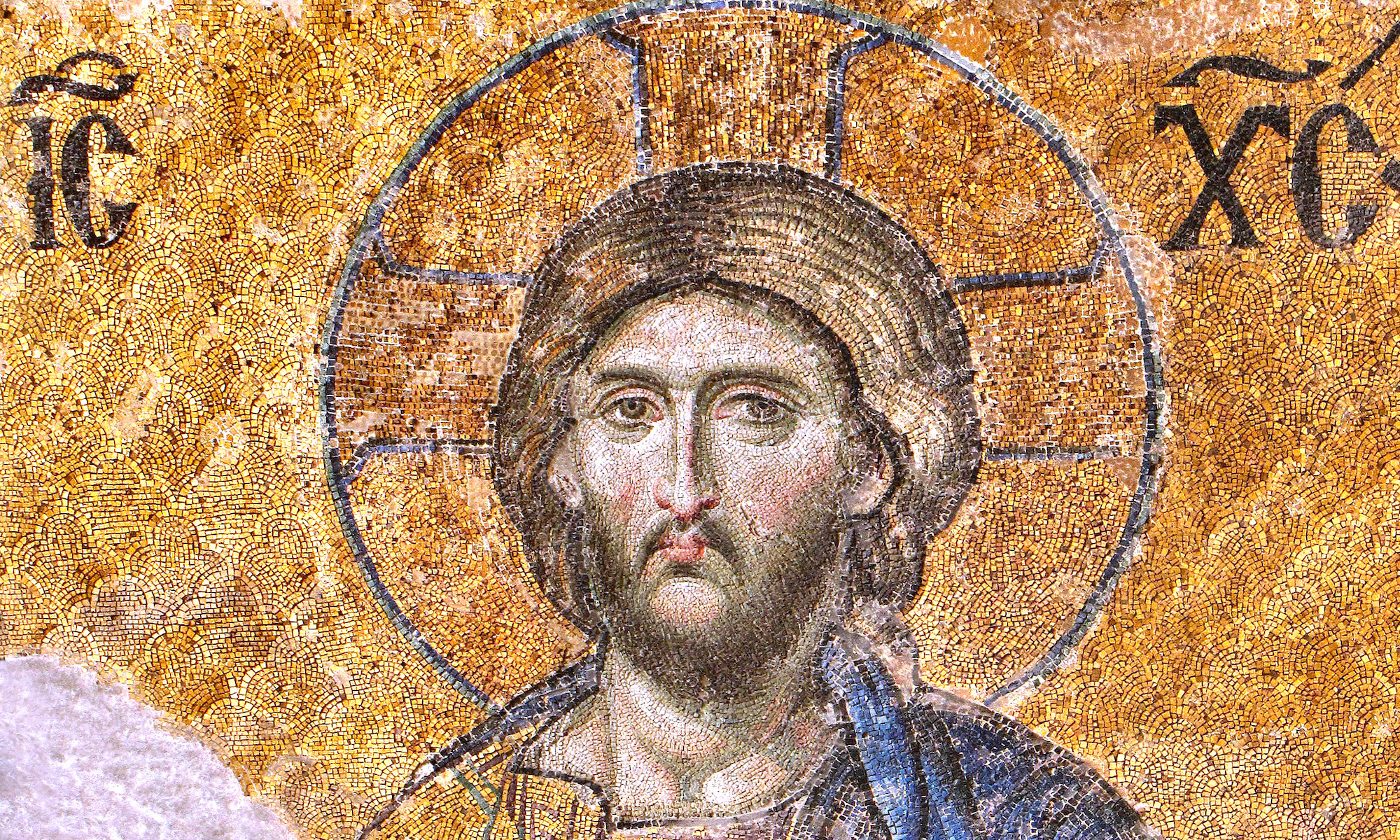My young daughter is trying to teach my youngest how to count. “There are two carrots.”
My youngest: “Three carrots!”
“No, two carrots. One, two.”
My youngest, cheerfully and enthusiastically: “Three carrots!”
Teaching, like parenting, is a frustrating occupation!
One of the challenges common to both parents and teachers, but which is even more challenging for parents than it is for teachers, is the challenge, as one’s children grow up, of treating them as independent adults – and even, occasionally, as our own teachers. Yes, good parents are always learning from their children, but it is a rare thing for a parent to be able to accept direct instruction, or even correction, from someone whom they have toilet-trained. This is the basic human reality behind my most common advice to parishioners struggling with their relationship with their parents: Don’t try to change them – it’s not your job and it rarely does anything other than further undermine an already problematic relationship.
So it is interesting that our first glimpse of “the mother of Jesus” in the Gospel of John reveals her holy response to her son’s correction. “They have no wine,” she tells him at the wedding at Cana. “Woman,” he addresses her formally but respectfully, “what has that to do with me? My hour has not yet come.” Mary does not “pull rank” on Jesus – does not correct him or object or rebuke him. She humbly accepts her son’s correction and turns simply to the servants and tells them, “Do whatever he tells you.”
Mary, “the mother of Jesus”, was the first Christian: the first one to trust in her son, Jesus, as the Messiah, her saviour and Lord. Throughout her life, she treasured in her heart the things she observed about him, and after his death and resurrection she was always to be found in the midst of his Church, praying to him for them all.
And her love and faithfulness were not forgotten. As God did not abandon his Holy One to the grave, so tradition tells us that our Lord did not abandon his mother to the grave upon her “falling asleep”, but raised her up from the grave bodily as the “first-fruits”, as a promise to all those of us who follow her in following him, as the ultimate confirmation of his divine-human love for his own beloved mother “after the flesh.”
In this feast of the Dormition of the Theotokos, then, we remember Mary, the mother of Jesus, who, as his mother, served him, and, though his mother, learned from him, and, as his follower, teaches us to pray to him, and, as his first follower, was the first to be raised by him. Most Holy Theotokos, pray to God for us!
